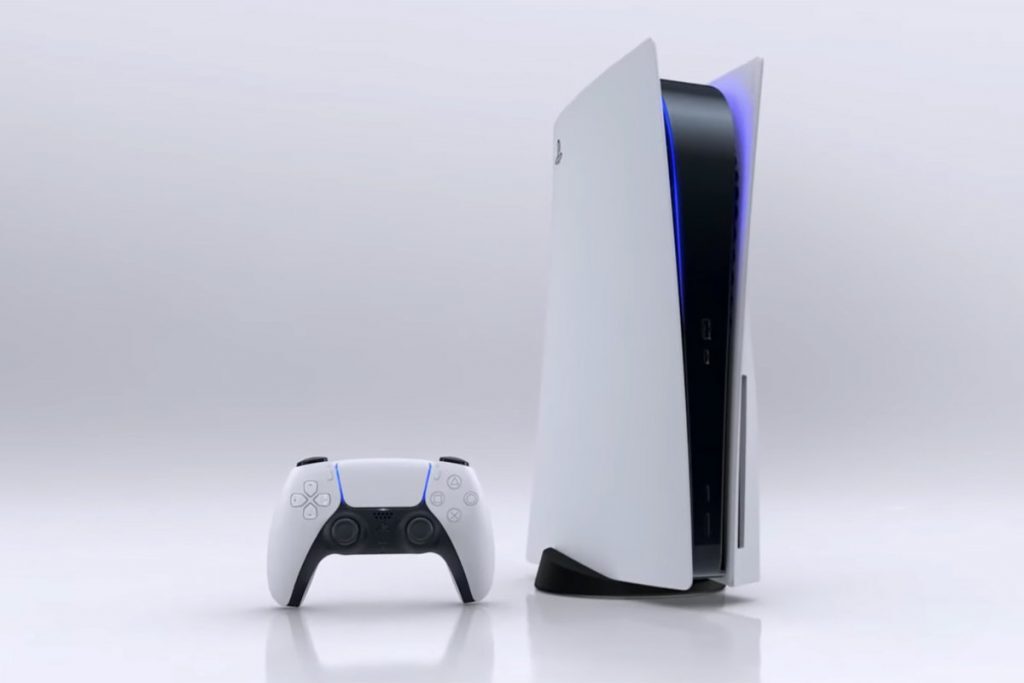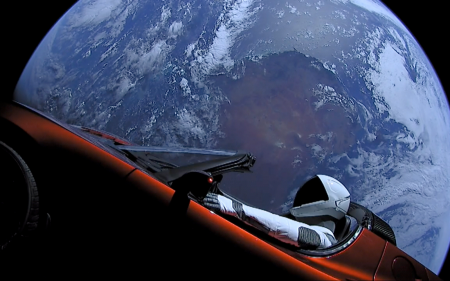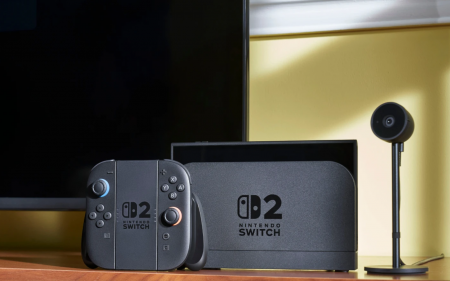The much-anticipated launch of two of the most powerful consoles of history of gaming has been delayed, not just by a worldwide pandemic, but because they are sold out across all retailers.
Non-gamers might be asking, why are the PlayStation 5 and Xbox Series X so sought after?
As we know, this has been a good year for working in your pyjamas, if nothing else. While businesses across the globe scrambled to transition to work-from-home, faced dire economic challenges and stared down retrenchments of vital staff, one industry experienced a great year.
That industry is gaming, which is already bigger than Hollywood and is the most lucrative form of entertainment on the planet. Adjust your view slightly about 2020’s massive curveballs and you’d see that it is actually the perfect year to launch new consoles and gaming hardware. People sheltering at home due to the pandemic increasingly turned to video games as a form of both entertainment and social interaction. This resulted in revenue spikes for gaming firms and record sales for consoles.
Microsoft doubled its Xbox shipments year-on-year, according to Neil Barbour, an analyst tracking the technology and media sectors at Kagan, a media research group within S&P Global Market Intelligence. Software companies including Activision Blizzard, Electronic Arts and Take-Two Interactive also experienced double-digit revenue growth in the second quarter.
“That is noteworthy because there weren’t a lot of new games from these companies,” Barbour said. “All three of those companies made basically as much revenue as they make in a typical fourth quarter when they release their big, new games.”
Enter the PlayStation 5 and Xbox Series X — the newest entries into the world of casual (and competitive) gaming. Both feature next-gen hardware, as industry insiders call it. It’s a strange term, that, considering that hardware – ray-tracing graphics and speedy solid-state hard drives – have been used to PC gamers and other laptop users for years.
This is the first time the tech has been packed into a console, however. And the world is going mad for it.
Sony and Microsoft have kept to their respective launch schedules to produce a new console every seven years. The previous range of hardware –the PlayStation 4/Pro and Xbox One X/S – have aged quite significantly. Many users still holding on to them may have been (virtually) front-of-line to pick up one of the next-gen options. This time around, however, it’s not as simple a decision as ‘PlayStation or Xbox’. That’s just step one.
On the Sony side, the PS5 is the core console but there’s also a cheaper Digital Edition that kicks the disc drive for a download-only future.
And while the Xbox Series X represents Microsoft’s supercharged vision of native 4K gaming, the Series S hits the middle ground between power and price, ideal for South African consumers.
As expected, neither launch is happening completely unscathed by the state of the world. The Xboxes arguably took the biggest hit with the late-breaking delay of its headline launch game Halo Infinite into 2021, but both launch line-ups are thinner on the big system-sellers than expected. Add to that manufacturing delays and small amounts allocated to South Africa and many die-hard fans won’t wake up with a new console under the Christmas tree this year.
“Everything is sold. Absolutely everything is sold,” Sony CEO Jim Ryan said in a recent interview. “I’ve spent much of the last year trying to be sure that we can generate enough demand for the product. And now in terms of my executive bandwidth, I’m spending a lot more time on trying to increase supply to meet that demand.”
It’s an interesting phenomenon, in that console producers are convinced the global shortage of hardware would have happened even if the world wasn’t scarred by a pandemic. It’s hard to fathom, considering previous generations were sold en-masse at Musica and HiFi Corporation retail outlets. Scarcity of the PS5 console especially has caused some panic among consumers, who have begged publications like ours in search of some next-gen hardware.
“Gaming as an industry, and more so as a hobby ,has grown exponentially over the past generation to such an extent that even without a pandemic, stock of these console was going to be in short supply. Which is to say that the stock was there but the demand has increased to levels producers have never seen or could have expected,” says Brad Lang, deputy digital editor of Stuff.
This may come down to a ‘chicken or the egg’ situation. The lack of next-gen consoles may have been caused by the increased popularity of gaming as entertainment, as much as production and shipping issues caused by Covid-19 restrictions.
Anyone looking to invest in a new console, and missed out on the first few rounds of pre-orders (that all sold out within minutes in South Africa), may only get their hands on new consoles come 2021. Sony and Microsoft have ramped up production to meet the demand of more gamers per capita globally.
This article first appeared in the Financial Mail.




